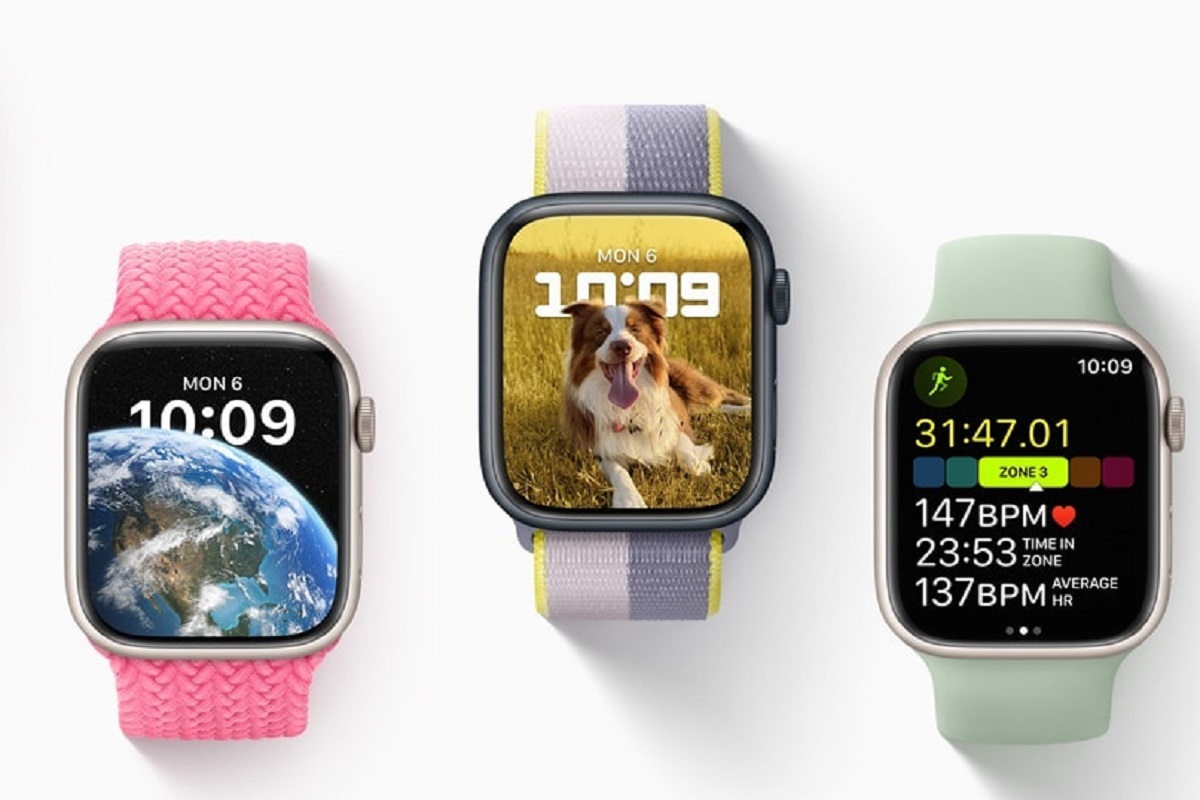Imagine Tresor strengthens Apple retail presence
Imagine Tresor has launched its biggest Apple Premium Partner Store at South City Mall, Kolkata.
The 2024 Apple Watch will “unlikely” offer “significant innovative experiences” and will not adopt a micro-LED display, according to Apple analyst Ming-Chi Kuo.

watchOS 9.(photo:apple.com)
The 2024 Apple Watch will “unlikely” offer “significant innovative experiences” and will not adopt a micro-LED display, according to Apple analyst Ming-Chi Kuo.
“The highly anticipated blood glucose monitoring feature won’t happen in 2024 and possibly not in 2025,” he wrote in a Medium post on Tuesday.
Advertisement
Kuo believes these features are at least two years away from being added to the Apple Watch.
Advertisement
He also predicted that this year’s Apple Watch shipments are expected to decline by approximately 15 per cent (year-on-year) to 36-38 million units.
“The Apple Watch is a classic example of a product that succeeded through repositioning. However, based on current shipment momentum, it may need to be repositioned again if there’s an unfortunate year-over-year decline again in 2024,” Kuo stated.
According to the analyst, integrating Vision Pro headsets with the Apple Watch can create an unparalleled and innovative health management experience to drive shipment momentum for both products further.
Meanwhile, Apple’s 3nm chipsets, which are just beginning to hit the market, with the Apple A17 Pro being the first, are expected to see a decline in demand in 2024.
According to Kuo, demand for this emerging technology may be weak next year, prompting major players to take a step back.
Apple is expected to reduce orders for 3nm chips next year, forcing the Netherlands-based semiconductor company ASML to reduce EUV equipment shipment by 20 to 30 per cent.
Advertisement